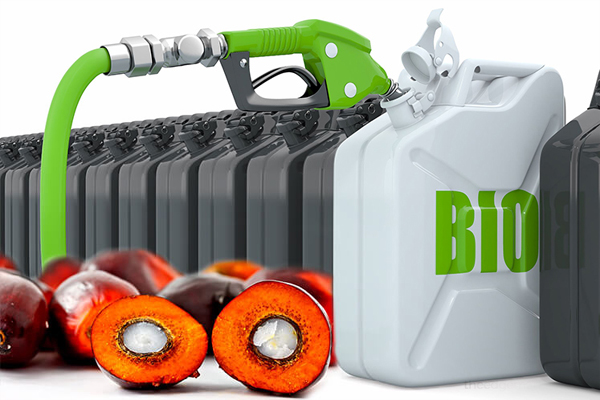
Germany will end the use of palm oil as a raw material to produce biofuels from 2023, the country's environment ministry said on Wednesday.
Germany will instead give a quota for minimum use of waste materials for biofuel production, the ministry said the cabinet had decided.
"For biofuels to be produced it is not acceptable to cut down woods, to dry up moorland and to destroy nature," said German environment minister Svenja Schulze in a statement.
Germany had announced in February that it will end palm oil use for output of biofuels, largely biodiesel.
Under the EU's renewable energy directive, palm oil-based fuels are to be phased out by 2030, since palm oil has been classified by the bloc as resulting in excessive deforestation and can no longer be considered a renewable transport fuel.
In May, the World Trade Organisation (WTO) agreed to a request from palm oil exporter Malaysia to establish a panel to examine the EU move, saying the measure is discriminatory.
Palm oil plays only a minor role in German biodiesel production, according to figures from the German association of biofuel producers VDB.
Of about 3.4 million tonnes of biodiesel produced in Germany in 2020, rapeseed oil made up about 60 per cent of raw materials, used edible oils collected from food processors and restaurants around 25 per cent, palm oil 3.9 per cent and the rest was mainly soyoil, the association said. --Reuters


































































